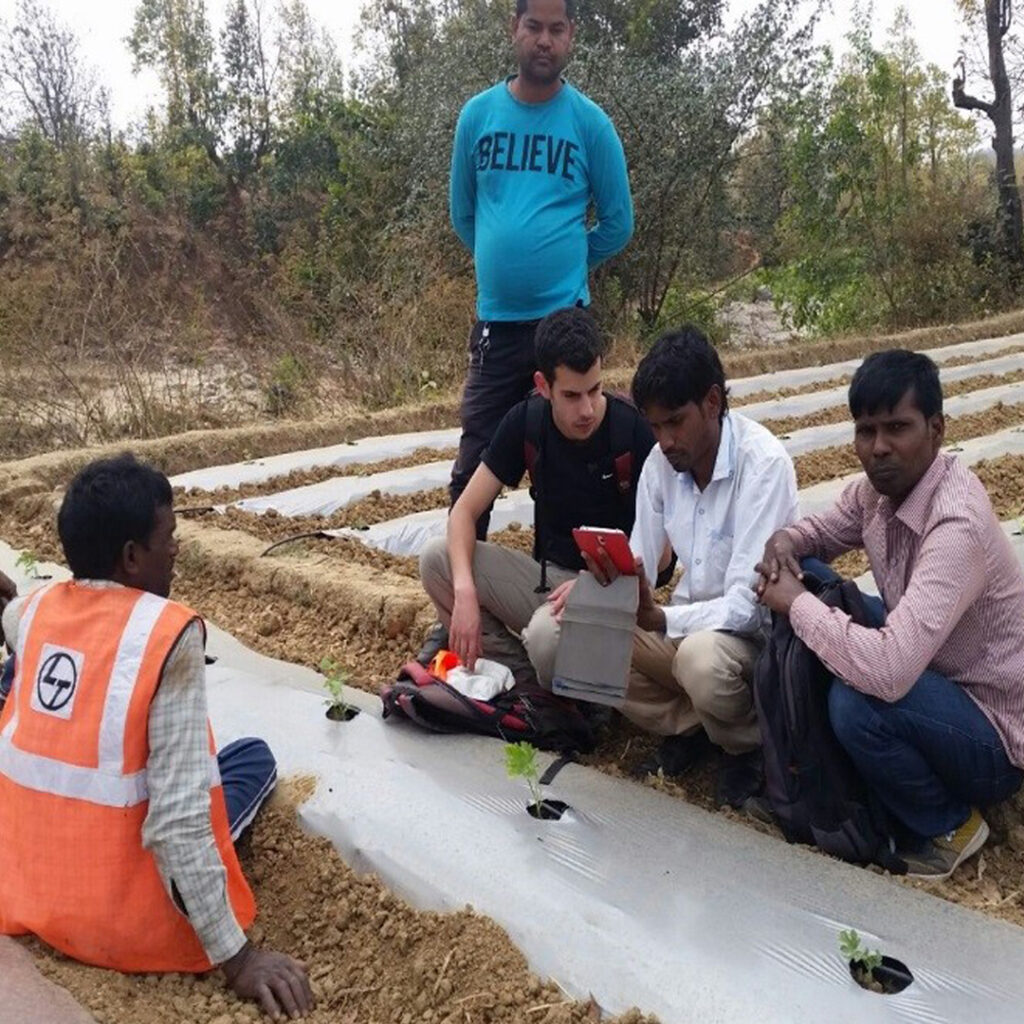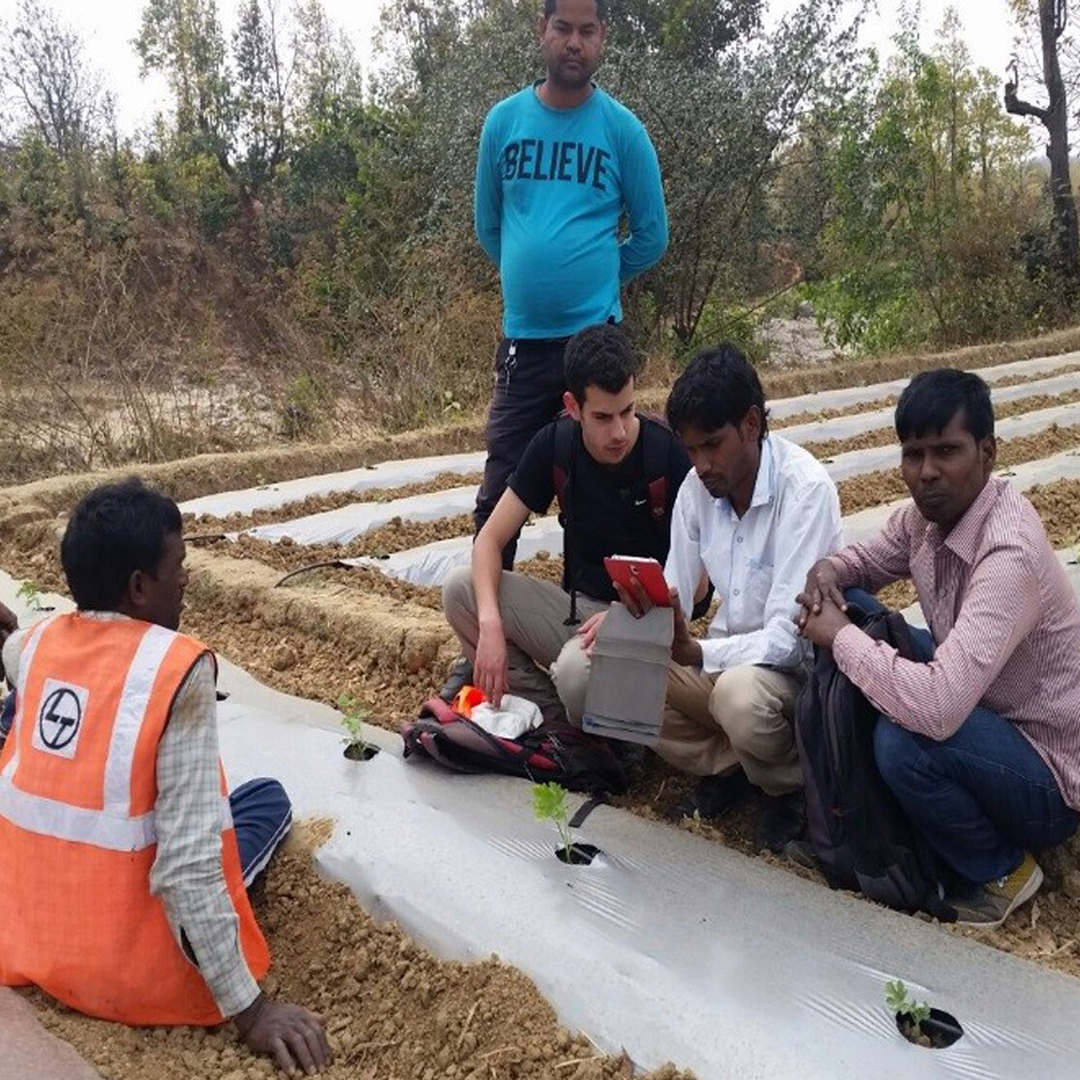BMI-TATA Collaboration Operation Project
Yalon Perlman, Graduated BMI Fellow
Academic advisor: Dr. Ram Fishman, Department of Public Policy

Adoption of technological innovations in agriculture has attracted considerable attention in developing countries. New technology seems to offer an opportunity to increase production and income sustainably, but the introduction of many new technologies has met with only partial success as measured by observed rates of adoption (Feder, G., Just, R. E., & Zilberman, D. 1985). It is essential to conduct field experiments and pilots for technologies in the fields of agriculture and water-saving. Field experiments bridge the gap between the existing knowledge and technologies and their feasibility and implementation in the field, so that farmers can significantly increase their income. In this research, the economic impact of technologies and knowledge on smallholder farmers in rural India is examined: Is it possible that proven technologies are economically unfeasible for vegetables smallholder farmers? Given the current market conditions, combined with the information and ability accessible to the farmers, it is difficult to find economic feasibility for the tested technologies. Many factors may affect the adoption of technologies among smallholder farmers. In this study, we show through five field trials with small vegetable farmers, that the economic feasibility of the technologies tested does exist but is very limited and influenced by other factors that may thwart its adoption. Additionally, we underscore the complexity of the growing chain, which impedes the willingness to adopt technologies, despite their significant contribution to crop growth, maximal fields utilization, and reduced use of water and other inputs. The innovation in this study lies in the cooperation between a non-governmental organization (TATA Trusts) and academia to establish a methodology for data-based philanthropy

